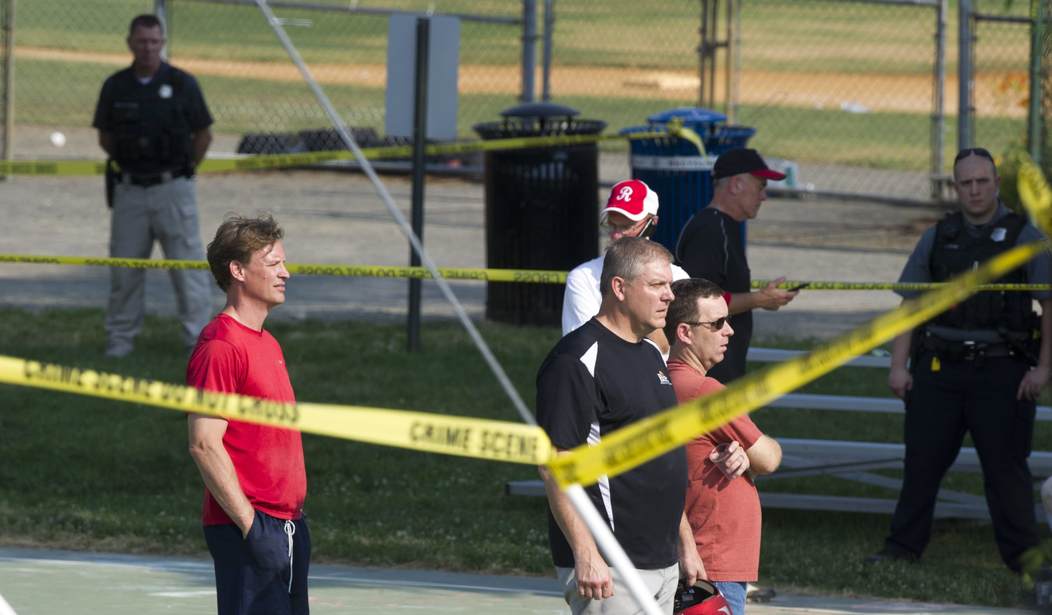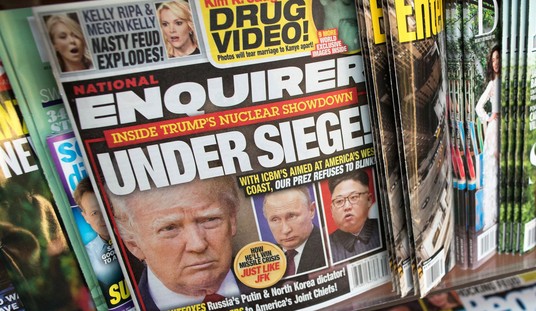It is heartening, in the wake of this week’s horrific shooting of Republican Congressman Steve Scalise and others, to see so many responsible people calling for a return to greater civility in public life. As it so happened, for two weeks before the shooting I had been trying to place a lengthy column on just this topic in various publications, but its length made it a tough sell. In the wake of the horror on the baseball field, National Review Online accepted a much-shortened version of it; it’s available at this link.
What’s different about that column is that it was not purely political, but was co-written with Duncan Gray III, the immediate-past Episcopal bishop of Mississippi — so its outlook was at least somewhat faith-infused.
All of which is a prelude to the questions my wife asked after seeing so many political talking heads weighing in on the shooting. “Why is it just politicos on all these shows right now?” she asked. “Why aren’t representatives of the faith community on these shows? Wouldn’t they be able to offer insights and guidance that’s better than some of these guests?”
Her point is a good one. The civic realm would do well to be more open to relevant, appropriate inclusions of faith-infused insights.
This does not mean that faith necessarily offers specific programmatic answers for politics or policy. What I am suggesting is something broader and yet more subtle. What would be helpful is not an appeal to faith or the Bible as a proof that one side or the other is right on tax rates, or health-care regulations, or environmental regulations, but rather a recognition that religious beliefs can rightly inform an overall outlook in ways that affect political decisions, and non-explicitly political discussions in the public square, at least at the margins.
In other words, nobody should be afraid of, or resent, or be offended by, relevant references to faith — at least as long as the reference is made with humility, not used to claim special authority over the other but rather as an offering of a potentially helpful perspective. As part of the conversation, but not as a trump card, faith can enlighten, enliven and leaven public discourse.
Most important, by allowing faith’s sensibilities and sensitivities into the discussions, those involved can be reminded (or remind themselves) that Judeo-Christian ethics and the dictates of Christ’s command to love our neighbors should be our lodestars. Part of that ethos is an insistence that we must be willing to respect the other — and that, as Bishop Gray insisted in our joint essay, “listening is crucial.”
***
Vitriolic dialogue did not shoot Steve Scalise; a disturbed individual, full of anger, did. But if Christian love were more a part of the public square, perhaps the anger would not find such dangerously fertile ground to fester.
Meanwhile, please pray for continued recovery for my friend Steve, and for the others injured in the incident, and pray for God’s comfort for their families. And pray, too, for the expressions of unity in the immediate aftermath to remain part of all our attitudes going forward — and that, as St. Paul wrote to the Romans in the Epistle passage usually assigned this week, let us believe that “hope does not disappoint us, because God’s love has been poured into our hearts through the Holy Spirit that has been given to us.”
Quin Hillyer is a veteran conservative columnist with a degree in theology. His faith-themed satirical novel, Mad Jones: Heretic, is due for publication this summer by Liberty Island Media.








Join the conversation as a VIP Member